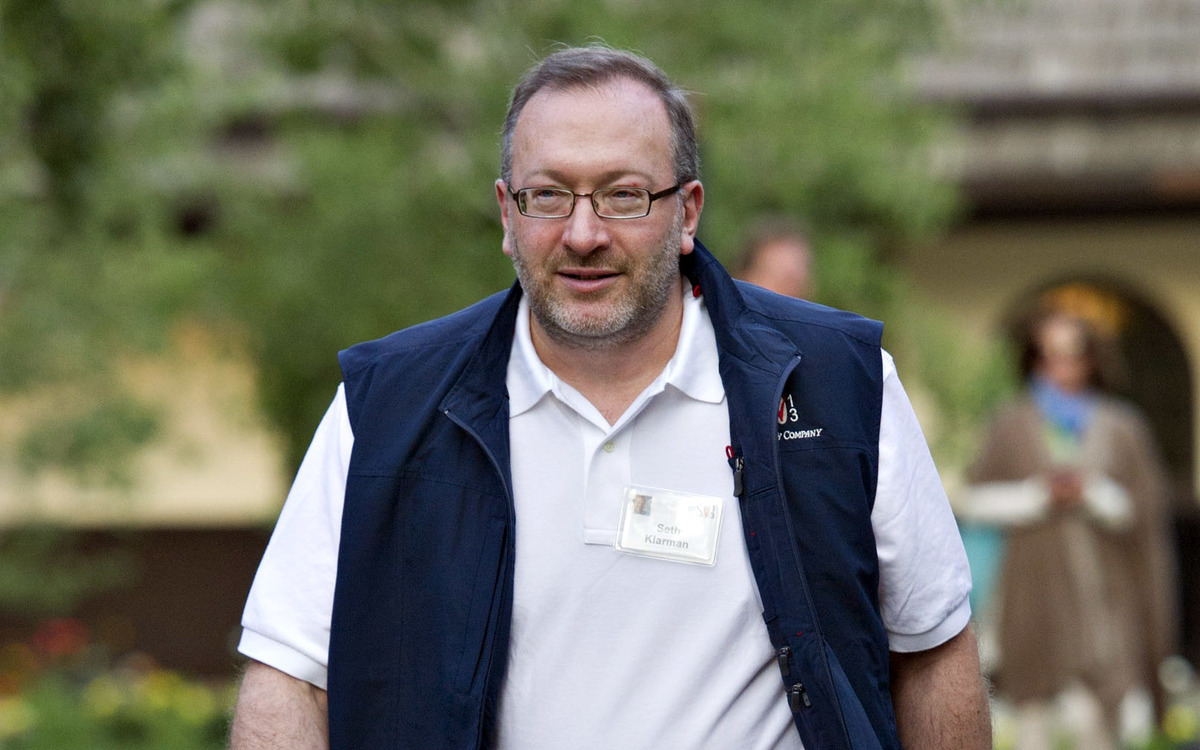
You know it’s a bad year for value investors if Seth Klarman is losing money.
Klarman’s $27 billion Boston-based hedge fund declined about 3.8 percent in September, bringing its loss to about 6.6 percent for the year through the end of September, said a person with knowledge of the matter, who asked not to be named because the information is private. Baupost, which manages multiple partnerships that have varying returns, told investors in a letter that some holdings rebounded in October, said the person.
Baupost was hurt by losses in energy and health-care stocks during the third quarter. The firm has tried to benefit from the decline in oil prices after years of monetary stimulus inflated prices for most assets. A bargain hunter and author of the 1991 book “The Margin of Safety,” Klarman has only suffered two losing years since the firm’s inception in 1982.
The firm told investors that Brian Spector, a partner on Baupost’s public investment team, will leave at the end of the year, according to the person. Spector, who worked at Baupost since 1998, will pursue education reform-focused philanthropy, the firm said.
Spector and Diana DeSocio, a spokeswoman for Baupost, declined to comment.
Einhorn, Ackman
Klarman, 58, is still doing better than other value investors. David Einhorn’s Greenlight Capital fell 16 percent this year through October, hurt by his investment in Consol Energy Inc. The natural gas and coal company plummeted 80 percent this year through Friday.
Bill Ackman’s publicly traded fund at Pershing Square Capital Management declined about 11 percent this year through Oct. 20. The firm is the second-biggest investor in Valeant Pharmaceuticals International Inc., the drugmaker that lost 63 percent of its value in the past three months.
Hedge funds on average lost 0.6 percent in September, paring gains to 0.7 percent this year, according to data compiled by Bloomberg.
Baupost’s losses were driven by declines in energy and biotechnology. Cheniere Energy Inc. was the firm’s biggest stock holding at the end of June, accounting for about 19 percent of the U.S. public equity portfolio. The company’s stock declined 30 percent last quarter. Theravance Inc., a biopharmaceutical company that was the firm’s fifth-biggest U.S. stock holding, slumped 60 percent in the third quarter.
To contact the reporter on this story: Sabrina Willmer in Boston at swillmer2@bloomberg.net To contact the editors responsible for this story: Christian Baumgaertel at cbaumgaertel@bloomberg.net Josh Friedman







